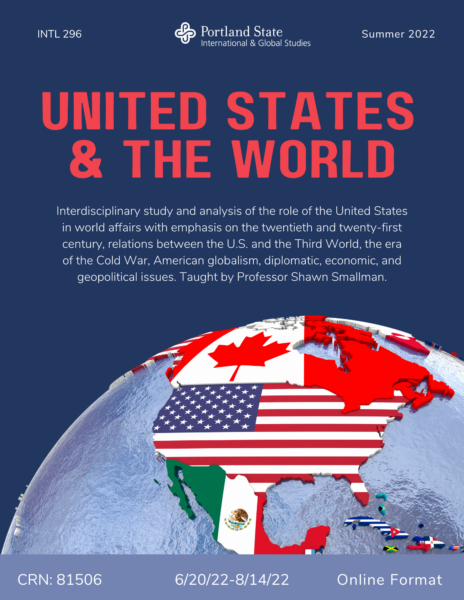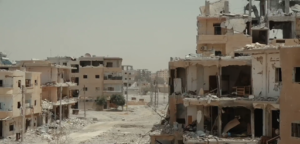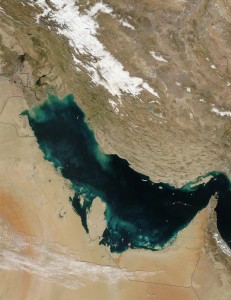Online summer class: “The US and the World”



The Drug Wars
Terms:
Realism; human security
The First Opium War
The Second Opium War
Lin Zexu
Coca
Cocaine
Crack cocaine
basuco
The Mexican drug war, 2006-present
Lecture Outline:
Realism versus human security
The Opium Wars
Early Drug Policy
Coca
Cocaine
Drugs in South America
The Mexican Drug War
Legalization
Discussion
…
Last Thursday, June 13, 2019, two tankers traveling in the Gulf of Oman were struck by explosions. The crews of both ships were quickly evacuated, and there was no loss of life onboard. The United States’ Secretary of State Mike Pompeo quickly announced that Iran was responsible for these strikes. The U.S. government released military footage that it said showed an Iranian ship removing a limpet mine from the side of one of the tankers. There had been an attack on four other tankers within the last month. The U.S. alleged that Iran was carrying out these assaults because of U.S. pressure regarding the nuclear deal. …


Recently, there have been a series of articles pointing to the signs of war in the Middle East. Of course, given the ongoing civil war in Syria, the chaotic situation in Libya, and the current blockade of Yemen, it’s also true that war is already ravaging the region. Still, many observers are pointing to the real risk that the region might slide into the equivalent to World War One. The long-standing tension between Iran and Saudi Arabia pushes the region towards unrestricted and massive warfare.
Of all the articles on this topic, I particularly like Michael Coren’s on the CBC News website, “Ominous signs that the next war in the Middle East is coming, and it won’t be pretty.” Coren points to particular signs that suggest that a conflict may be impending. What struck me in particular was the fact that 2,245 people had commented on this piece, which suggests that many people were as impressed by this brief analysis as I was. Highly recommended.
http://amzn.to/2yVl2Gr
http://amzn.to/2AceaIT
http://amzn.to/2hDAYpI
I want to thank Dr. Mel Gurtov for the following guest post:
Donald Trump inherits an intractable problem in Asia: North Korea’s determination to modernize its weapons arsenal and, absent a better deal from the United States, continue working toward an intercontinental ballistic missile (ICBM) capability. The North’s latest missile test—one with intermediate range of perhaps 2,000 miles—should be understood in the context of weapons modernization. According to the US Pentagon, the test represented progress for North Korea in several respects: it was a ground-based launch rather than a submarine launch; it used solid fuel technology; and it flew farther than other IRBM tests, the four most recent ones having all failed at launching.
Over the past year, North Korea has carried out over 25 ballistic missile tests and conducted its fifth nuclear-weapon test as well. All these tests are in defiance of UN Security Council resolutions that ban and condemn them. Each resolution has led to harsher sanctions, but sanctions have had little if any effect on Pyongyang’s behavior or rhetoric. Even China’s criticisms, which have grown more severe in recent years, have not moved North Korea to change course. …
I recently came across this great blog post by Yuka Kato, which has beautiful maps illustrating U.S. trade with different regions of the world. This would be a great tool in classes that address international political economy, including an Introduction to International and Global Studies class. You can also find other great maps for an introductory classroom on the blog.
Shawn Smallman, 2016
Warfare is changing rapidly, with the development not only of drones in the air, but also in other services. For example, the US. navy is increasingly interested in sub-hunting drones as a possible means to hunt other nations’ ballistic missile submarines. What is remarkable, however, is how fast the change has taken place within the U.S. air force. I recently came across this graphic at Contemporary Issues and Geography, which shows the size of the current U.S. drone fleet. Click on the image once to increase it to full size. As this graphic shows, the United States now produces and operates drones at a staggering scale.
Shawn Smallman, 2016.
Scott Horton’s book Lords of Secrecy is a passionate, angry, well-written and disturbing look at how U.S. national security agencies have undermined congressional oversight, and consistently violated the law. At the core, this book argues that the growth of the national security bureaucracy has outgrown the ability of Congress to provide oversight, and fundamentally threatens democracy. In the aftermath of the appalling and evil attacks in Paris last week, there is currently a clear need for effective intelligence agencies. Horton’s work, however, raises questions about the autonomy of these organizations, and the risks that their work may entail by pervading secrecy throughout our political culture. …